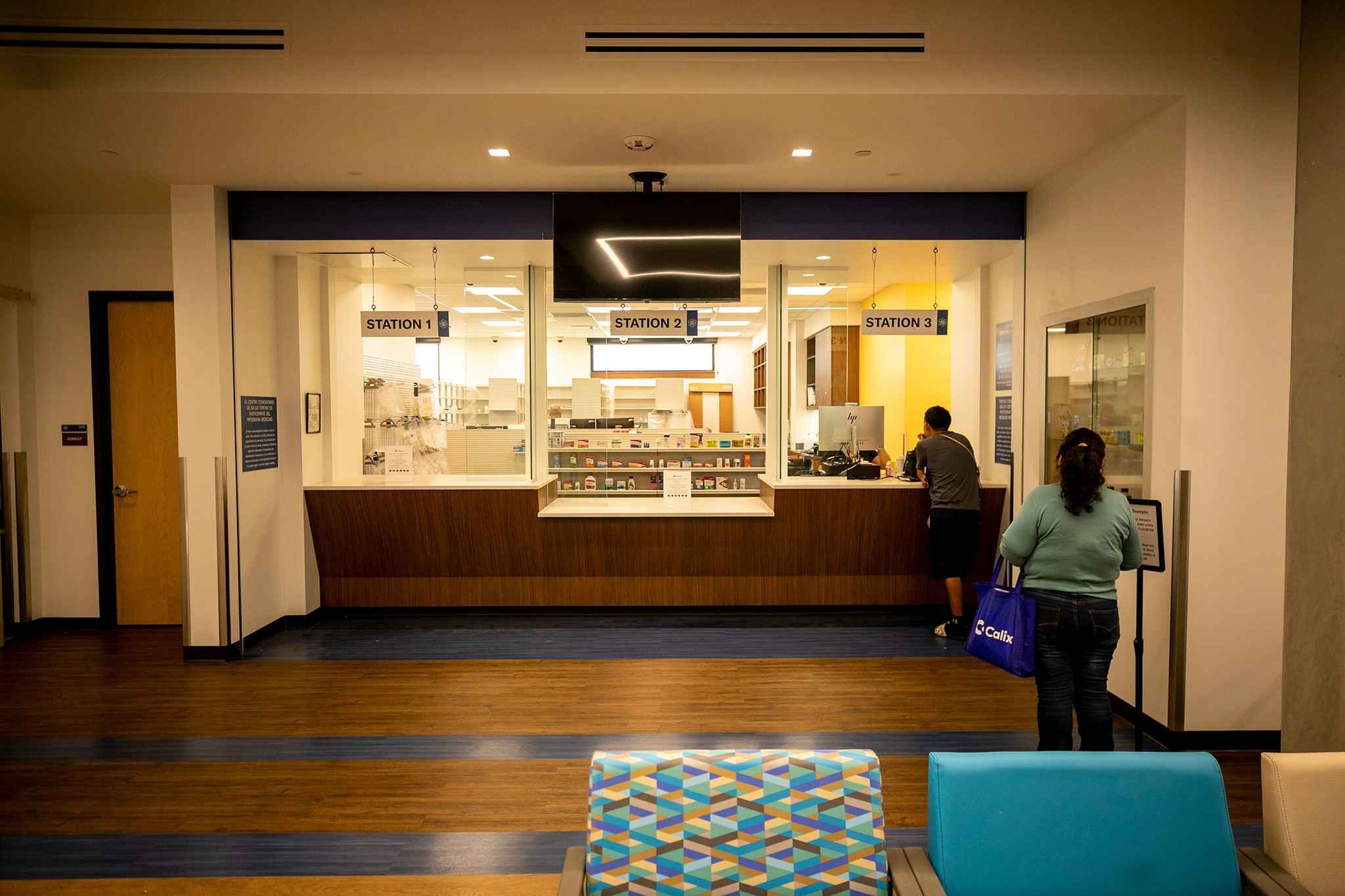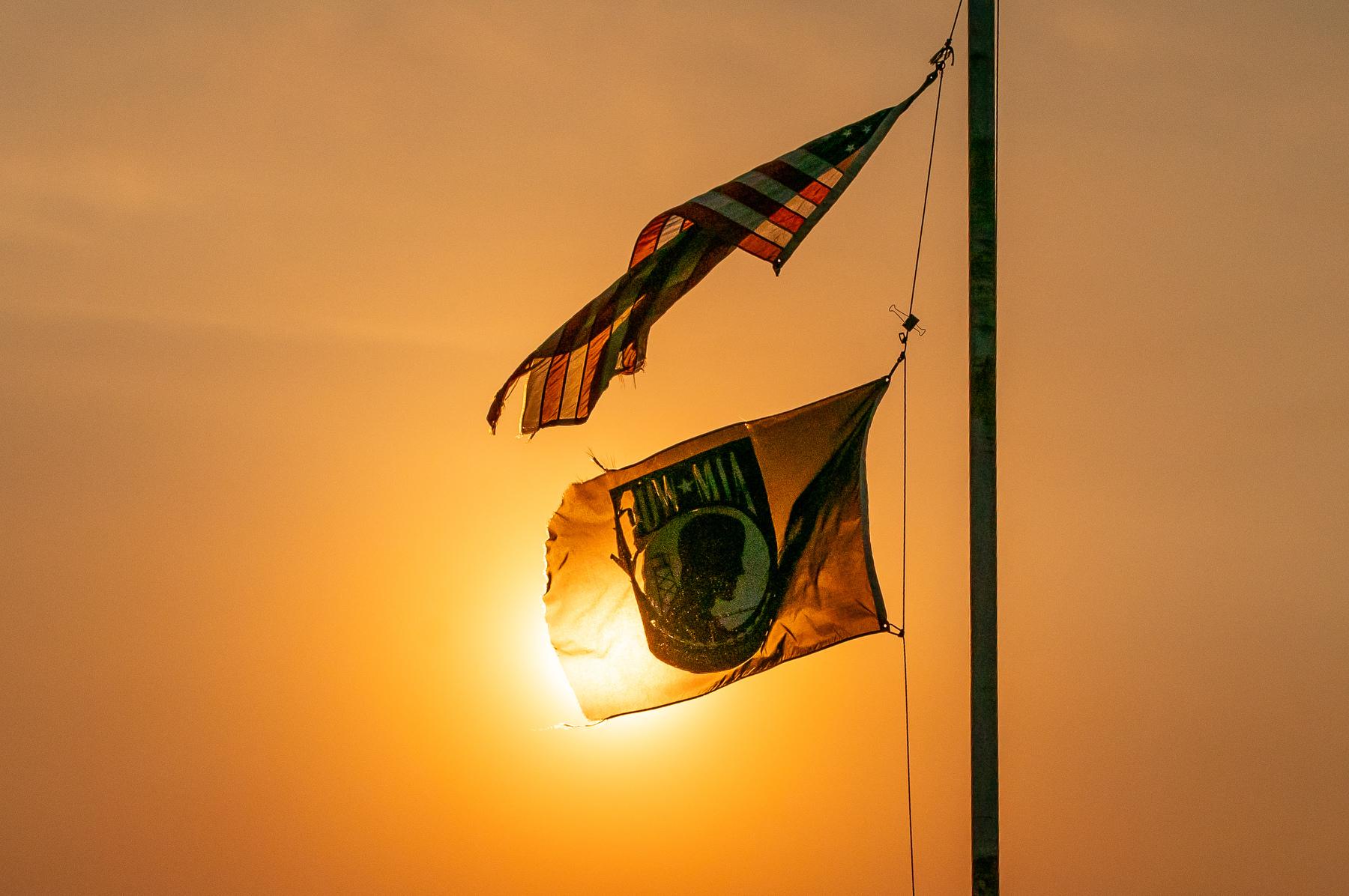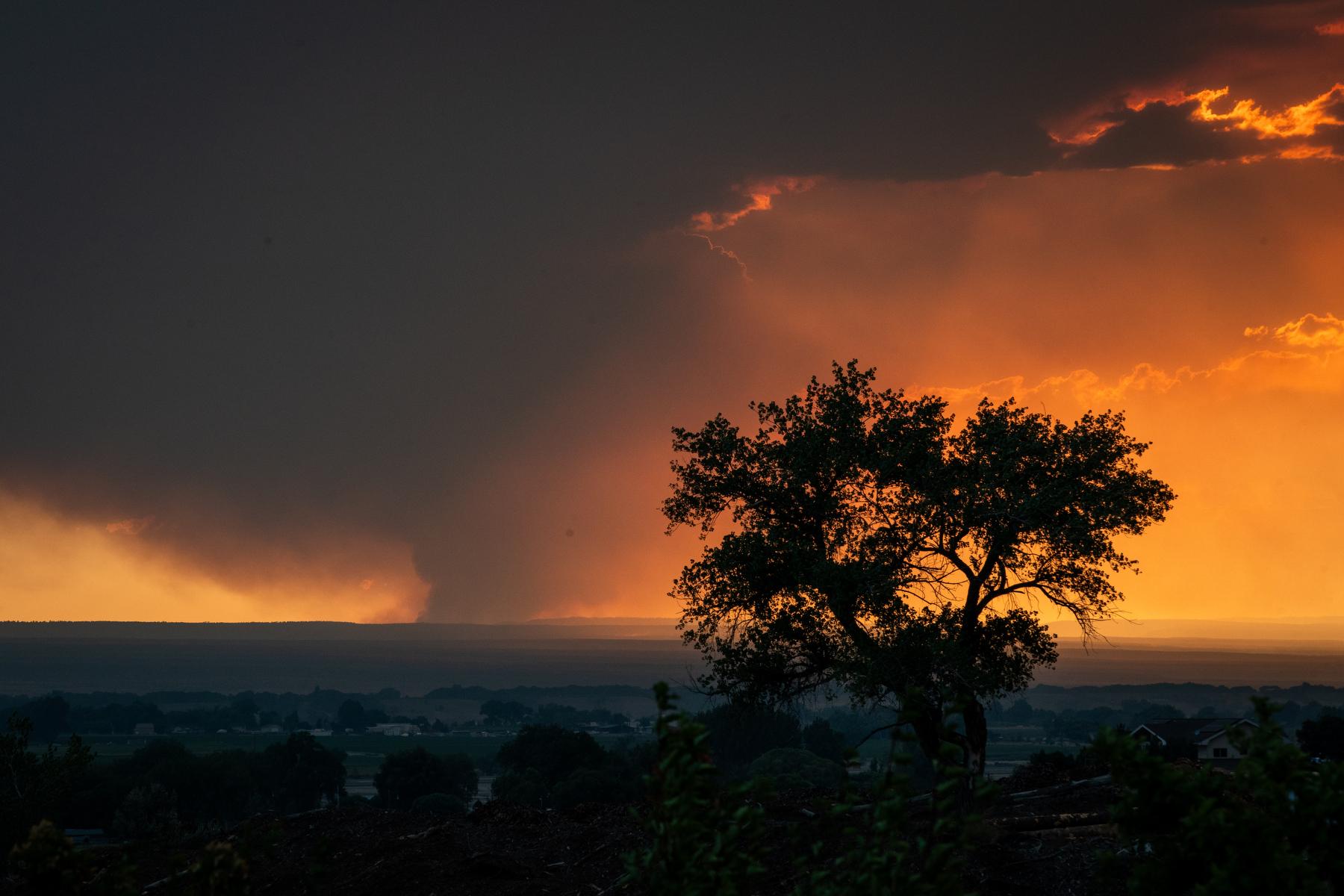India's Supreme Court today struck down a long-standing ban on gay sex in a unanimous decision that marks a watershed in the socially conservative country of 1.3 billion people.
It is a landmark ruling in a nation where attitudes about gays and lesbians are beginning to change – and the decision points to more questions of how India will extend equal protections to the LGBTQ community.
"No one can escape from their individuality," Chief Justice Dipak Misra, who is due to retire next month, said reading from the judgment.
"We have to bid adieu to prejudices and empower all citizens," said Misra, who also spoke on behalf of four concurring judges.
The ban, Section 377 of the Indian penal code, outlawed any sex that goes "against the order of nature." The law dates to 1861, when the country was under British colonial rule. The law is interpreted as a ban on all anal and oral sex, though it is generally used to prosecute men for having sex with other men.
Thursday's ruling reversed the court's own 2013 decision rescinding a Delhi high court that sought to decriminalize homosexuality.
"Consensual sex between adults in [a] private space, which is not harmful to women or children, cannot be denied as it is a matter of individual choice," the court said. "Section 377 results in discrimination and is violative of constitutional principles."
Opponents of the law argued that Section 377 effectively criminalized being gay. Even bringing the case to court was viewed as risky, Ayesha Kapur, one of the dozens of plaintiffs in the case, said.
"According to the law of the land, I can be handcuffed," she told The New York Times ahead of Thursday's decision. "It's a very real prospect. Nothing stops the police from coming to the homes of the petitioners."
The law has also been a means to blackmail or assault gay and transgender people.
One of the plaintiffs, Arif Jafar, was arrested in 2001 and charged with "promotion and abetment of crime" and criminal conspiracy under Section 377. He had been standing near a train station, handing out condoms with cartoons that demonstrated how to use them. He was beaten by police and spent 47 days in jail.
LGBTQ advocates in India campaigned for years to overturn Section 377, as NPR's Lauren Frayer reported in July:
"In 2009, the Delhi High Court ruled that the law could not be applied to consensual sex. But that ruling technically applied only to the New Delhi region. In 2013, a conservative Hindu astrologer filed a motion to overturn the Delhi High Court ruling and keep what amounts to a gay ban in place.
"The Supreme Court agreed, reinstating Section 377. The current case, which the Supreme Court began hearing July 10, challenges that."
In recent years, pride parades have become more common in Indian cities, though they are not always understood, The Washington Post reports:
"Many watching the modest pride parade in Bhubaneswar did not understand what the slogans and posters meant. 'This is against society,' said Benudhar Baliavsingh, upon learning the purpose of the march. 'What's good about this?'
"Another puzzled onlooker was more positive when he was told the meaning of the rainbow flag. 'This is good. If people love each other freely, they will live together happily. They won't fight,' he said."
9(MDEyMDcxNjYwMDEzNzc2MTQzNDNiY2I3ZA004))






